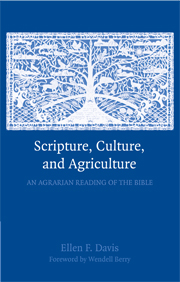Liturgy means "the work of the people." When we have a church service, however we do it, it is a liturgy, and as such it means that the people in the service are doing some sort of work, be it productive or slothful. I drew a dichotomy between traditional and contemporary services last time, but admitted that both are doing a liturgy. I think my conclusion that both can be good holds true.
But the understanding of liturgy as work can help fill out what I meant. To see it as work is rather contrary to much of how modern American culture, and western culture also, see church. Church is not a place where you go to work; instead,you go to enjoy the service and get something out of it. If you work you're putting something into it! This, unfortunately, is a problem that arises in a consumer culture. We would much rather go to a place where we feel ourselves to be thoroughly satisfied. It can be done in any setting, traditional or contemporary; it can feed off of music, architecture, symbolism, preaching, etc. I can think of two ways this problem developed: one, the lack inviting people into the experience gotten out of the work of liturgy and, two, the development of worship formulated specifically to capture such a consumer mentality.
This is frustrating, because it not only allows for dead hearts, but it creates a dead church. The work of the people does something, it creates a luminal space, that is a space in between the here and the there. There is something spectacular and moving about being in a position that is caught between the finite, temporality of life and the infinite glory of God. When the liturgy dies by feeding people their consumerism or becoming staid and dry this luminal space dies with it; people no longer connect with the infinite majesty of God, they connect with the depravity of their own souls. This then limits the ability of the Spirit to enlighten and sanctify us. (Of course the Spirit is infinite in power and ability, I am simply saying that if we are not helping the Spirit we are working against it.)
People want to come to church to get something out of it, and by every means we should assist them in that. That doesn't mean, however, that we should give them the consumerism they are looking for. We need to open them up to the power of God through some type of good liturgy. Only then will they realize that what they were looking for pales in comparison to what they get from the experience of luminality. We need to give them God, and God is not found in a culture of sin, but in his glory.
People want to come to church to get something out of it, and by every means we should assist them in that. That doesn't mean, however, that we should give them the consumerism they are looking for. We need to open them up to the power of God through some type of good liturgy. Only then will they realize that what they were looking for pales in comparison to what they get from the experience of luminality. We need to give them God, and God is not found in a culture of sin, but in his glory.

